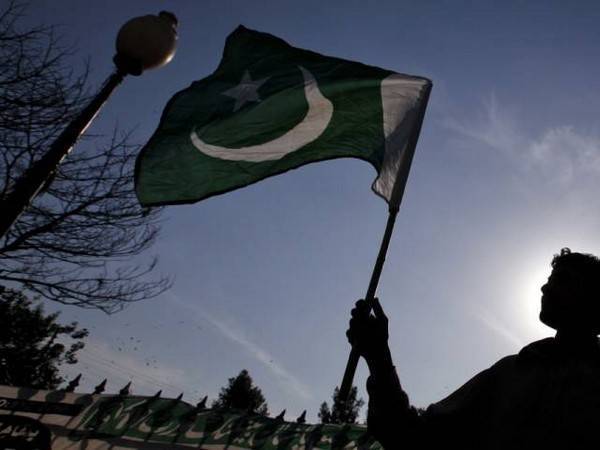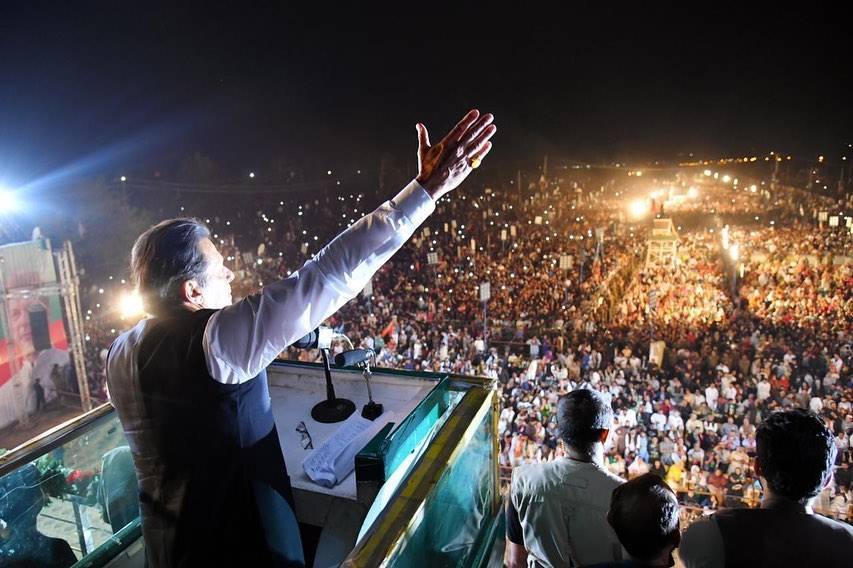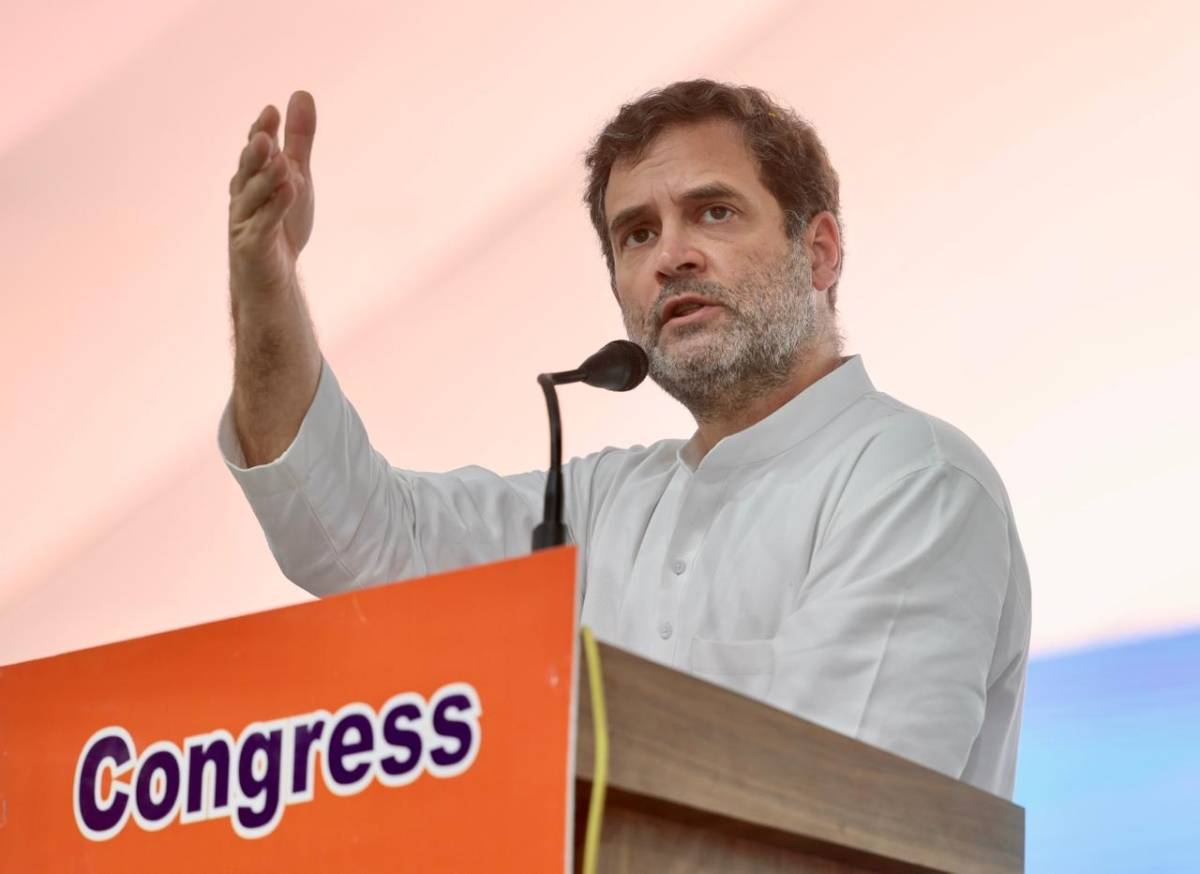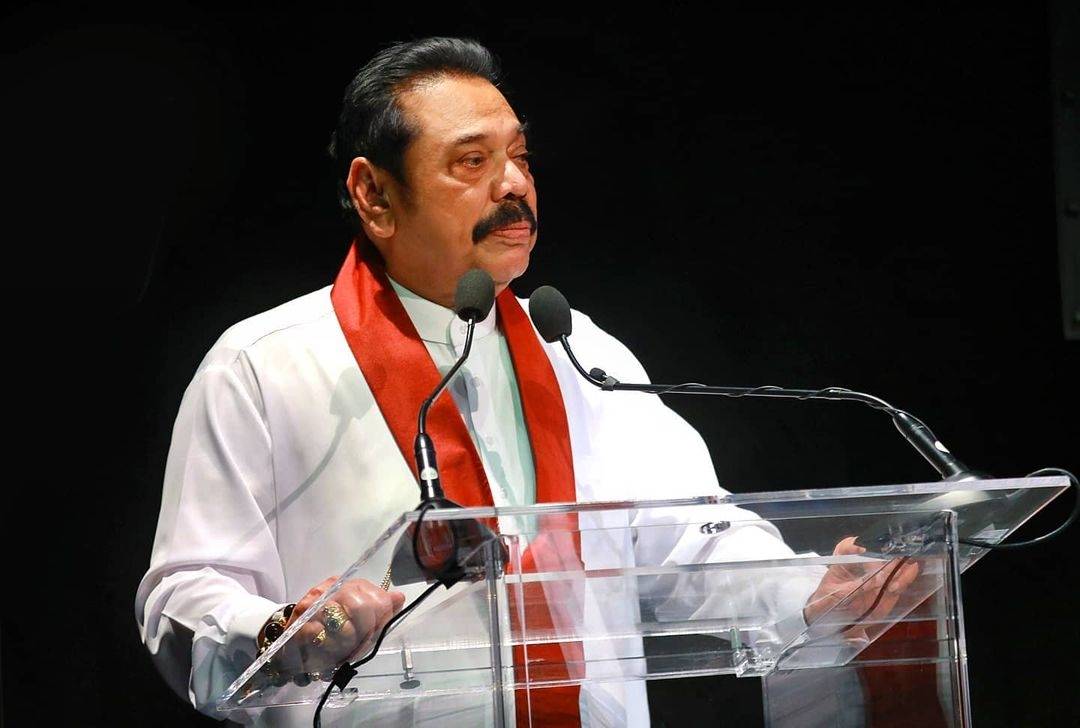In a recently released video of the former Prime Minister, he said that the West never accepted him because he was a Pakistani. He continued to explain that if one paints white strips over a donkey it will not become a zebra…writes Dr Amjad Ayub Mirza
In this article, I am going to make an attempt to look into Imran Khan’s mindset and try to explain the deep rooted political psychology of his so-called anti-colonial rhetoric.
Khan’s politics represents the general crisis of Pakistan’s failing economy and chaotic politics. They mark of the birth of the preconditions that are necessary to bring about fundamental change in the social order of a given society. This situation can very easily escalate and develop into a bloody conflict between the state and its people.
Generally, such change is a precursor to revolution or a counter revolution depending on the subjective consciousness of the broader public.
In Pakistan, the consciousness of the broader pubic is dominated by right wing religious/Islamic/jihadi narratives. This is because for the past 40 years, the mindset of the broader public has been engineered in a certain way through a vast network of Islamic madrassas (seminaries), weekly sermons every Friday delivered from the pulpit of the mosque, television dramas and talk shows, newspaper columns, and the medium of cinema.

There was no room left for the Marxist tradition to gain root as a counter political narrative in Pakistan since the Communist Party was banned in the 1950s. With the fall of the Soviet Union in 1990, any relics of left wing intellectual debate were further diminished.
In a recently released video of the former Prime Minister, he said that the West never accepted him because he was a Pakistani. He continued to explain that if one paints white strips over a donkey it will not become a zebra.
This statement reminds one of the great French-Algerian psychiatrist Francis Fanon, who while posted in Algeria with the French legion during the 1960s war of Algerian independence, had a chance to observe the dialectical relation between the mode of struggle of the colonial subject and the oppressor.
He noted that initially the oppressed try to assimilate into the culture and society of the oppressor but then as the oppressed realises that he/she is not treated as an equal, the oppressed regresses and finally end up in confronting the colonial master in a bloody combat.

Khan’s confession, that he did try to assimilate but that he failed to succeed, must be examined in the light of Fanon’s observations in Algeria. According to Fanon, “in order to assimilate…the colonized subject has to pawn some of his own intellectual possessions”.
At the start of his political career, Khan was all about western values woven around a just judicial system that treated all citizens equally. He praised the social security system and used to give examples of British MPs and Prime Ministers being fined even over trivial offences unlike in Pakistan where the power remains the might and the petty thief is thrown behind the bars.
In his younger years, Khan went to Aitchison college in Lahore which was still following etiquettes of the English Raj. He also played the ‘Gentleman Game’ of cricket. He went to Oxford for higher studies. Khan eventually even married a high society socialite Jemima Goldsmith, daughter of a businessman of Jewish decent living in the UK.

Nothing worked for Khan and according to him he felt that although he “pawned some of his own intellectual possession” by accepted western values and mingled in higher circles, he was still not accepted as an “equal”. Once this realisation set in, Khan regressed.
He divorced his wife and married an apparently devout Muslim woman and began to replace is rhetoric about the western justice system with Islamic justice system.
In Fanon’s terms this stage is the second stage of a colonial subject that can only be revealed after one has exhausted all attempts to assimilate in the “superior” culture of the oppressor. It is here that the oppressed reverts back to what Edward Said calls “the native begin to decolonize the past”. The native then creates an imaginative appeal for the broader public based on an imaginary past that was both glorious and just.
This is why Khan is now talking about an imaginary exemplary Riyassat-e-Medina (the State of Medina) created by Prophet Muhammed some 1,500 years ago. Once the broader public is awakened to the realisation that in order to gain respect, justice and once the demagogue leader succeeds in energizing the broader public, comes the final stage that Fanon refers to as the combat stage when when the oppressed turns to violence against the oppressor.
Khan has developed a false narrative which is based on the theory that the American government has conspired, through the Pakistan opposition parties, to remove him from power. Therefore, Imran.
(Dr Amjad Ayub Mirza is an author and a human rights activist from Mirpur in PoJK. He currently lives in exile in the UK)














